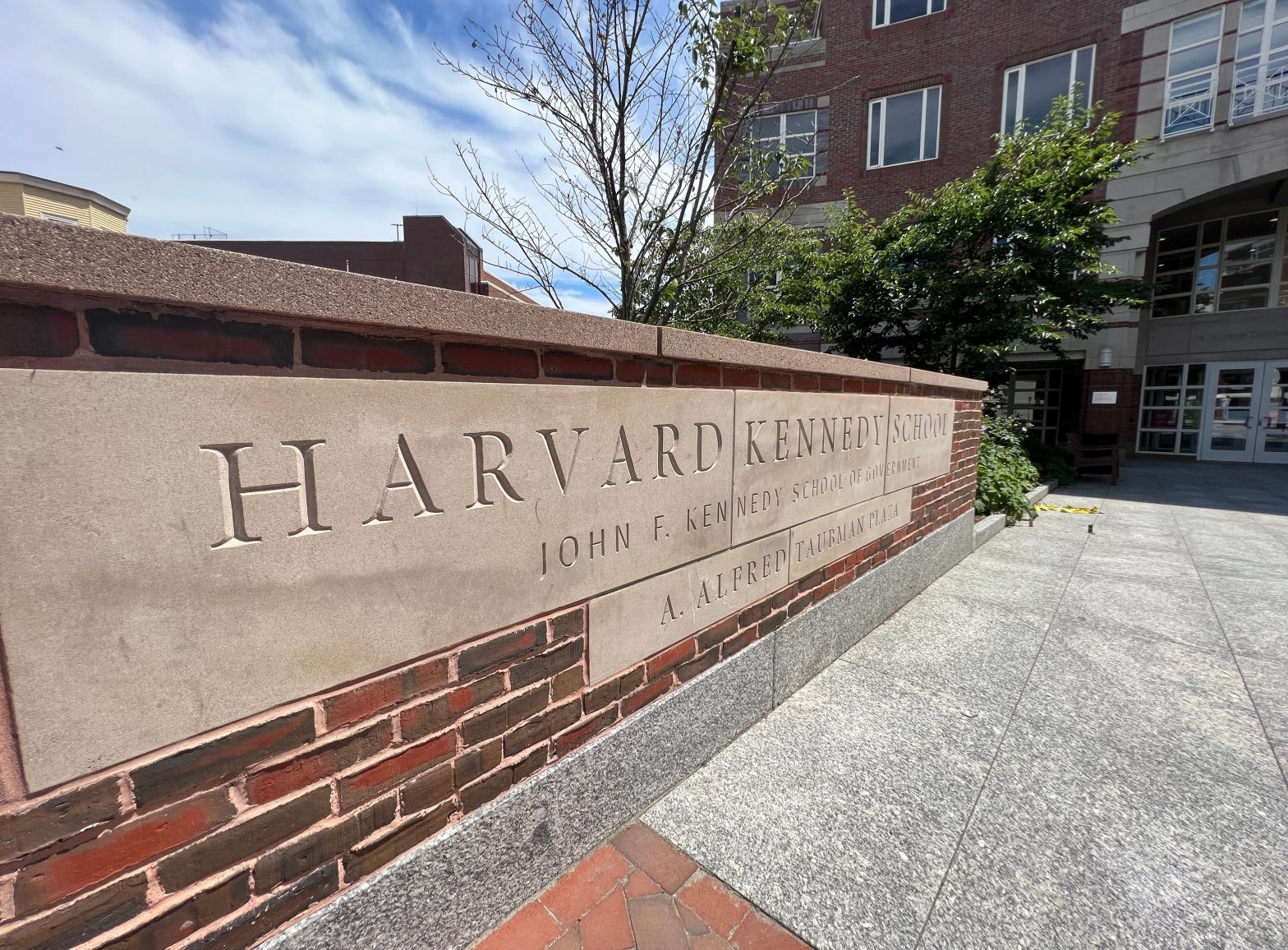During an online Harvard Kennedy School (HKS) session on October 25, Danielle Sered, a restorative justice activist, pushed for prison abolition and significant improvements to the current criminal justice system.
The session was led by Sandra Susan Smith, a criminal justice professor at the Kennedy School. The Zoom discussion was part of a semester-long speaker series on abolitionist policies and practices at HKS.
Sered stated that her ultimate goal is to abolish the prison system entirely by achieving substantial and progressive improvements to the current legal system.
The restorative justice activist also pointed out that the criminal legal system must do less overall. Sered explained that there is a need to decrease the number of things that are deemed illegal, reduce the number of individuals being arrested, lower the number of people being prosecuted after arrest, and set bail for fewer people at a lesser amount.
She added that there is a need to build the social infrastructure to render incarceration obsolete.
Sered founded Common Justice in 2009. It is an organization that aims to divert violent felony cases from the criminal legal system, providing an alternative to incarceration. In 2019, she released the book “Until We Reckon,” advocating for practical solutions to incarceration.
At the beginning of the talk, Sered discussed what she called the “moral problems” with the way criminal justice is practiced. She criticized the current criminal justice model for needlessly enforcing violence and exacerbating traumas, especially in prisons where prisoners face high risks of assault, degradation, and sexual violence.
She claimed that the current prison system does not prevent recidivism and adds to a culture of violence.
Sered highlighted the inherent problems within prisons, stating that “the core features of prison include shame, isolation, exposure to violence, and an inability to meet one’s economic needs.” Pointing out that people have incorporated into their core responses to violence the very things that are known to generate it. It is compared to arriving at a house fire with a hose full of gasoline and expressing surprise when the flames intensify.
Furthermore, she compared prison recidivism rates and those of her organization, Common Justice.
Sered stated, “What we know from the overwhelming evidence is that prison is likelier to produce more harmful outcomes.” She pointed out that in some places, prison recidivism rates reach “upwards of 80 percent.” She added that if Common Justice had a similar failure rate, she would not have been on the event’s invitation list.
Common Justice’s approach, according to its website, centers on helping individuals who have committed violent felonies recognize the harm they caused. Sered shared data indicating that Common Justice has achieved a significantly better recidivism rate than the existing prison system, adding that the organization has had fewer than 7 percent of its participants terminated from the program for new crimes since its inception.
Sered also encouraged attendees to perceive prisons as “generative of violence.” She highlighted the historical context, saying that mass incarceration in the United States is deeply rooted in the nation’s history of slavery and colonization, asserting that “prisons are the grandchildren of slavery.”
Source: https://www.thecrimson.com/article/2023/10/26/prison-abolition-hks/
